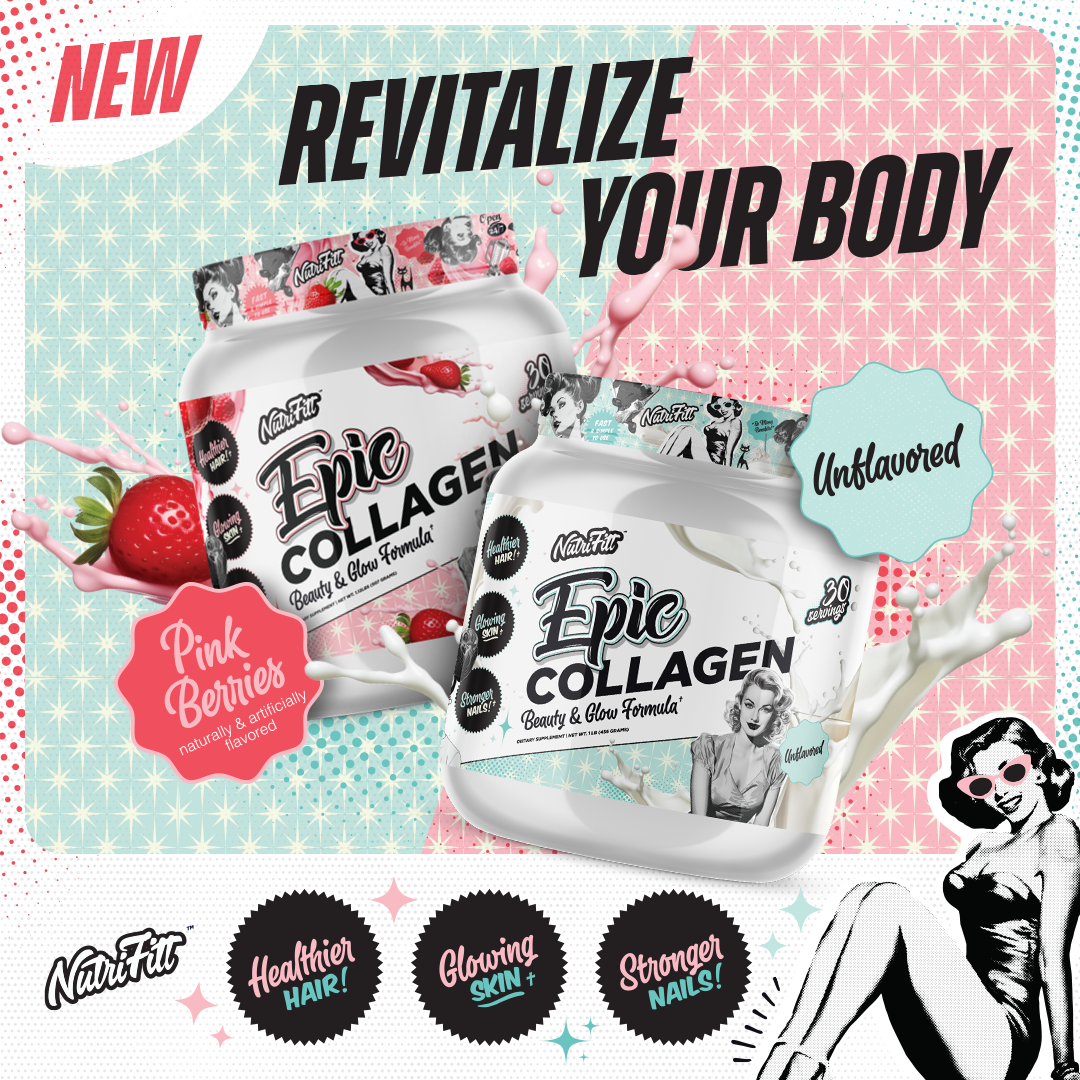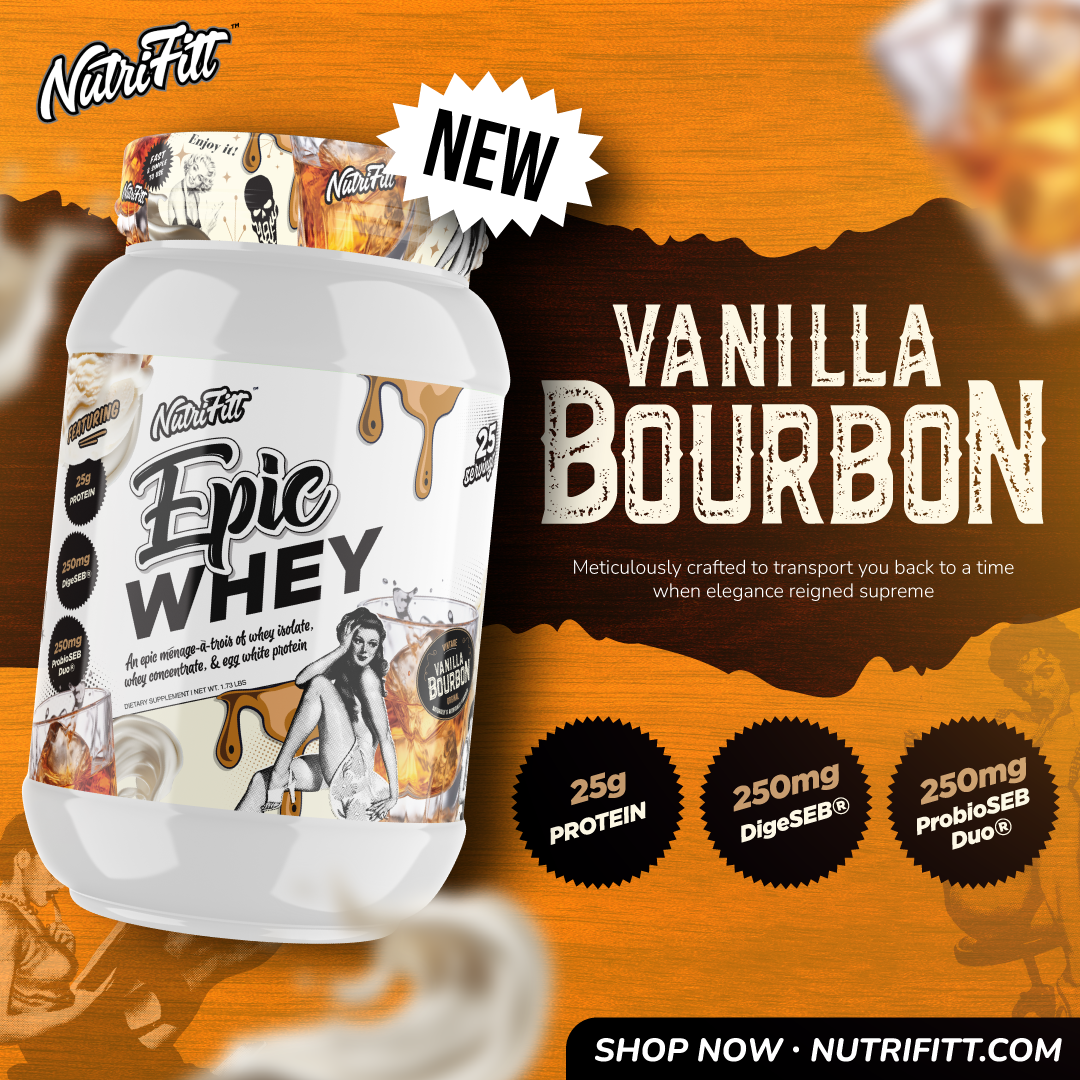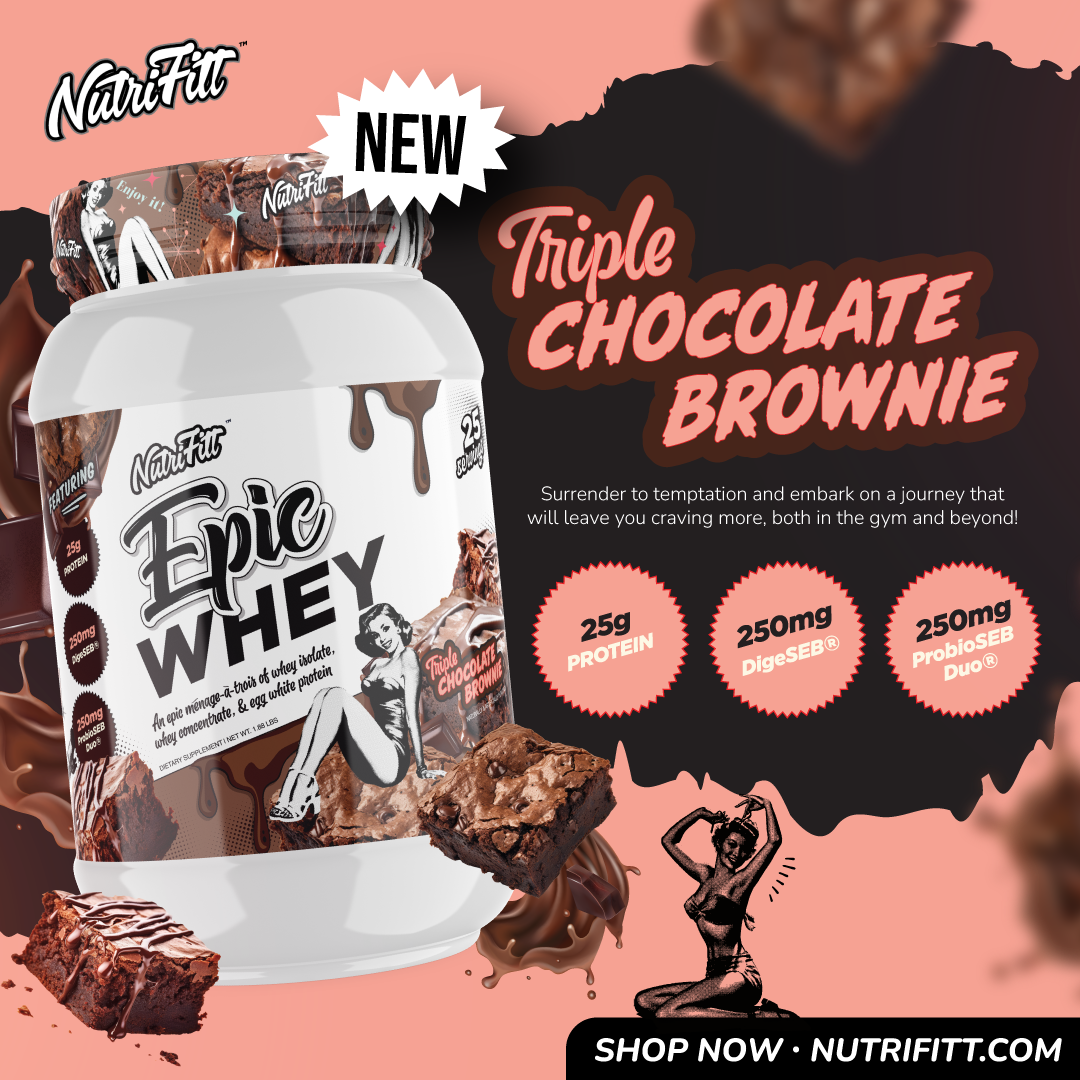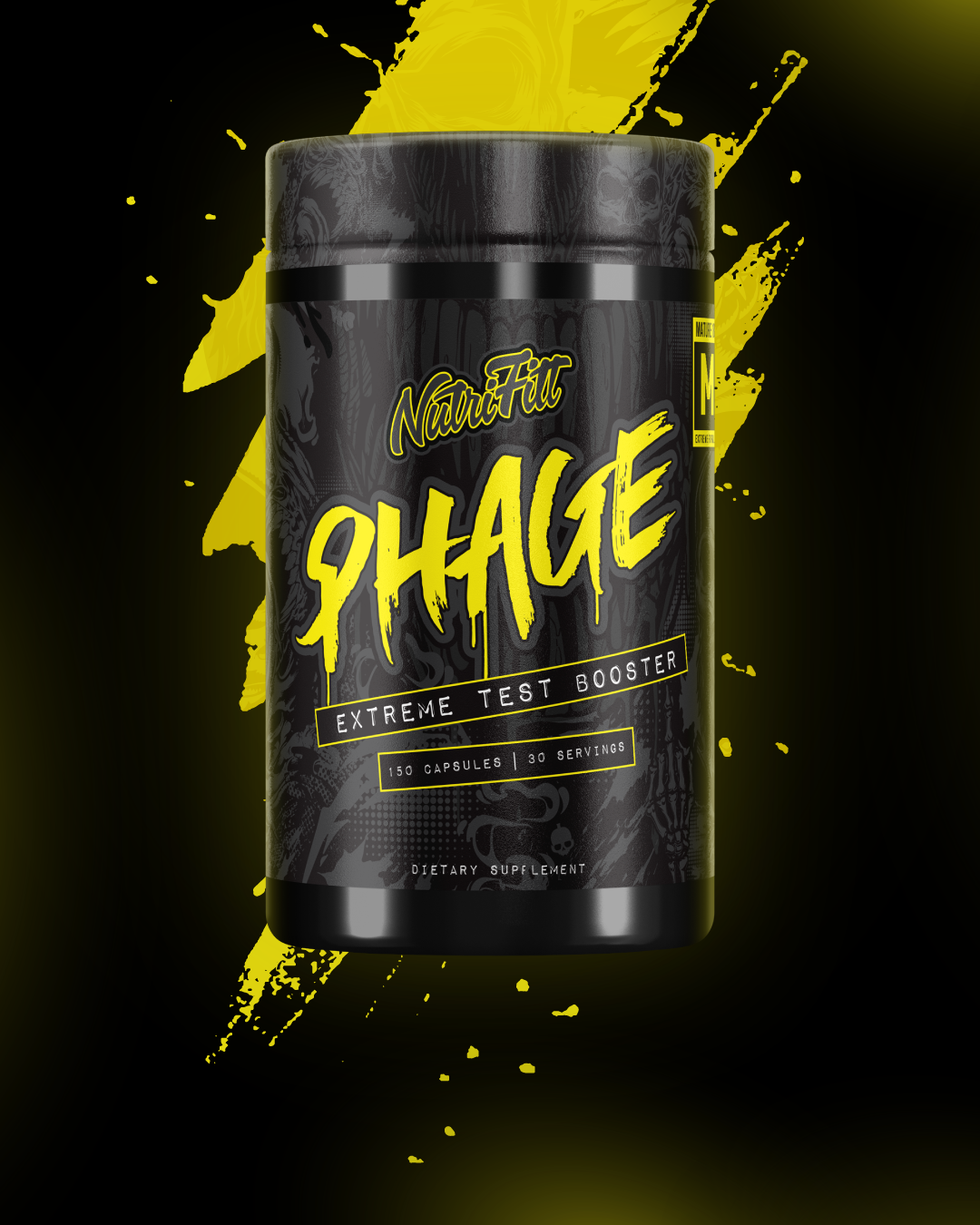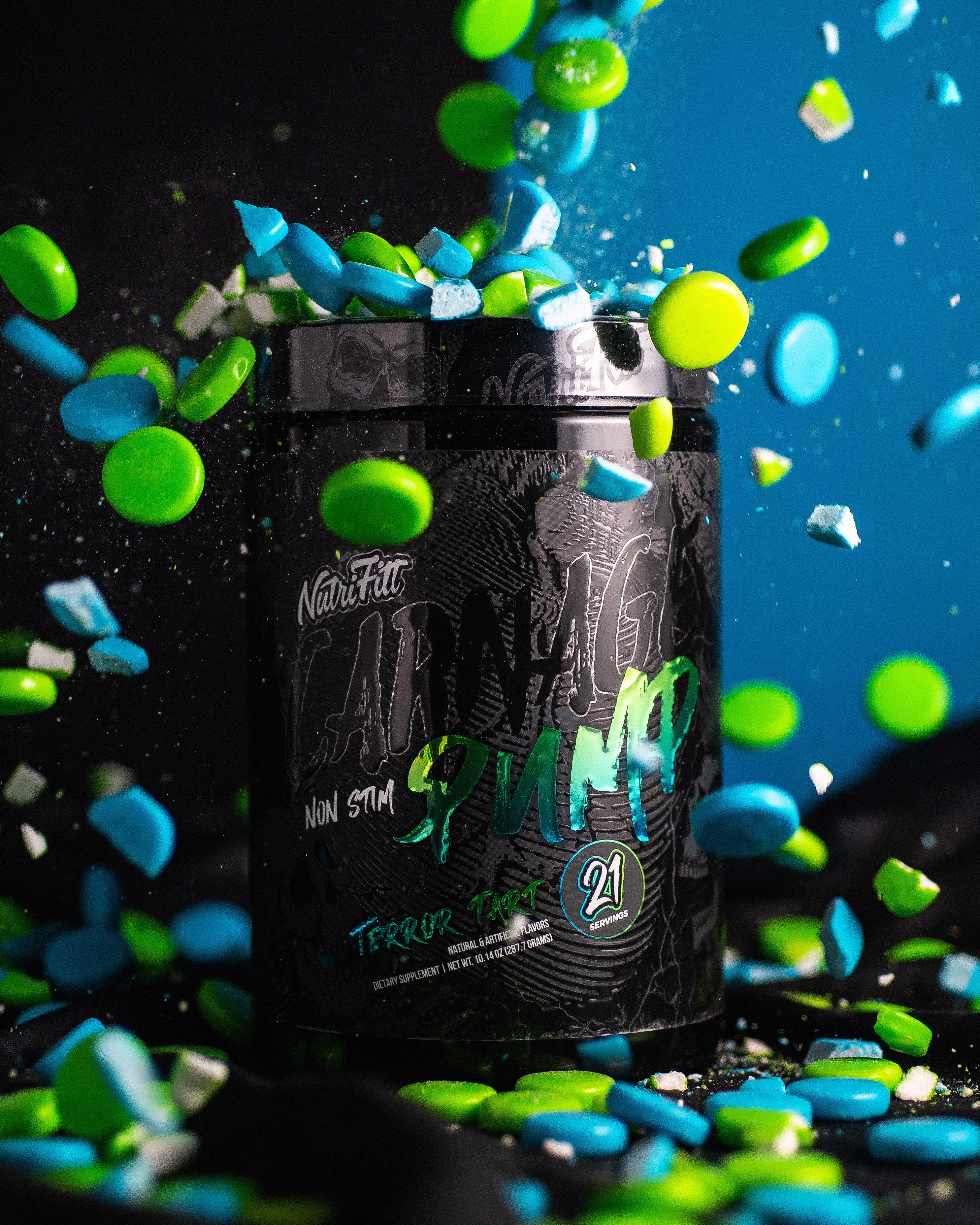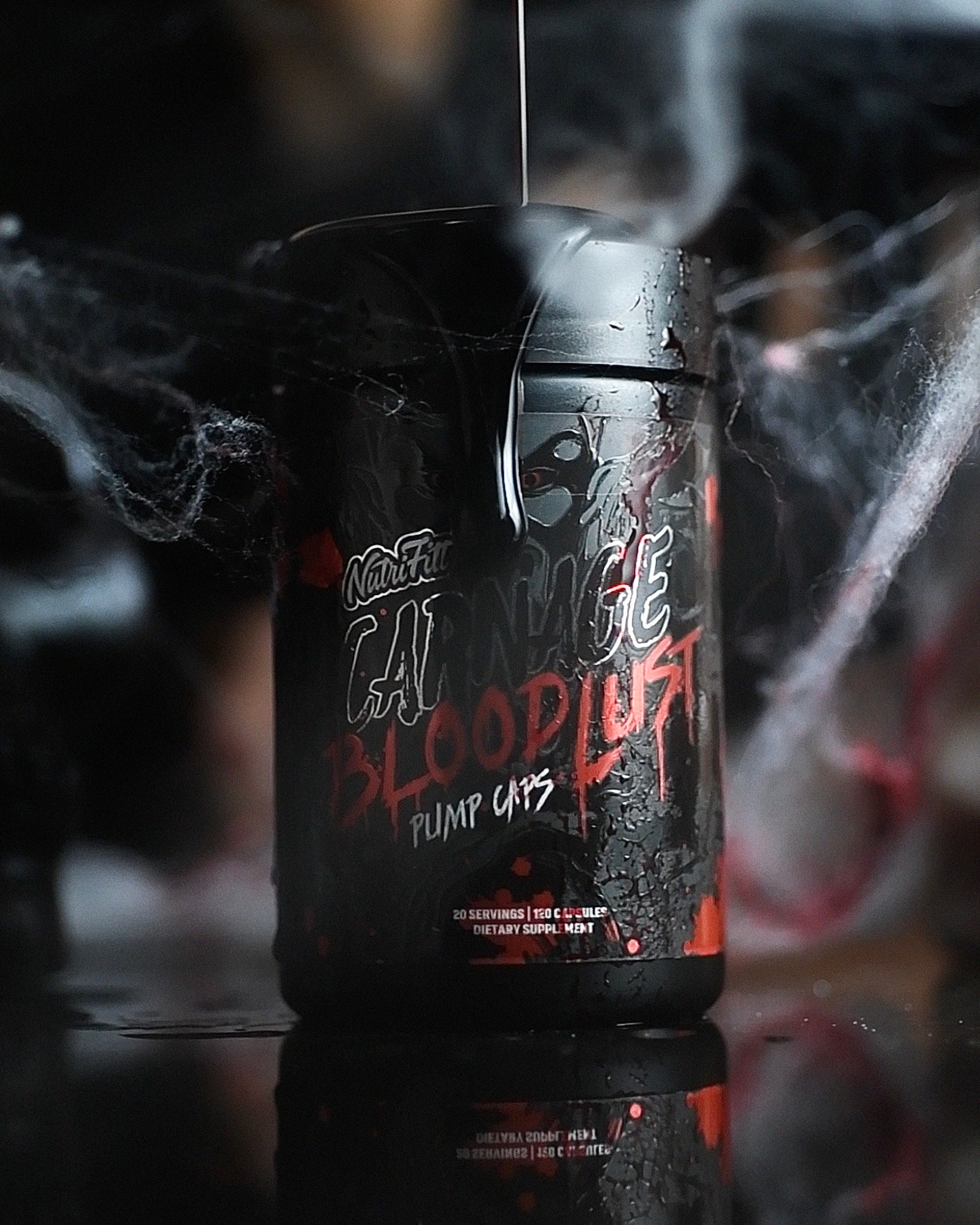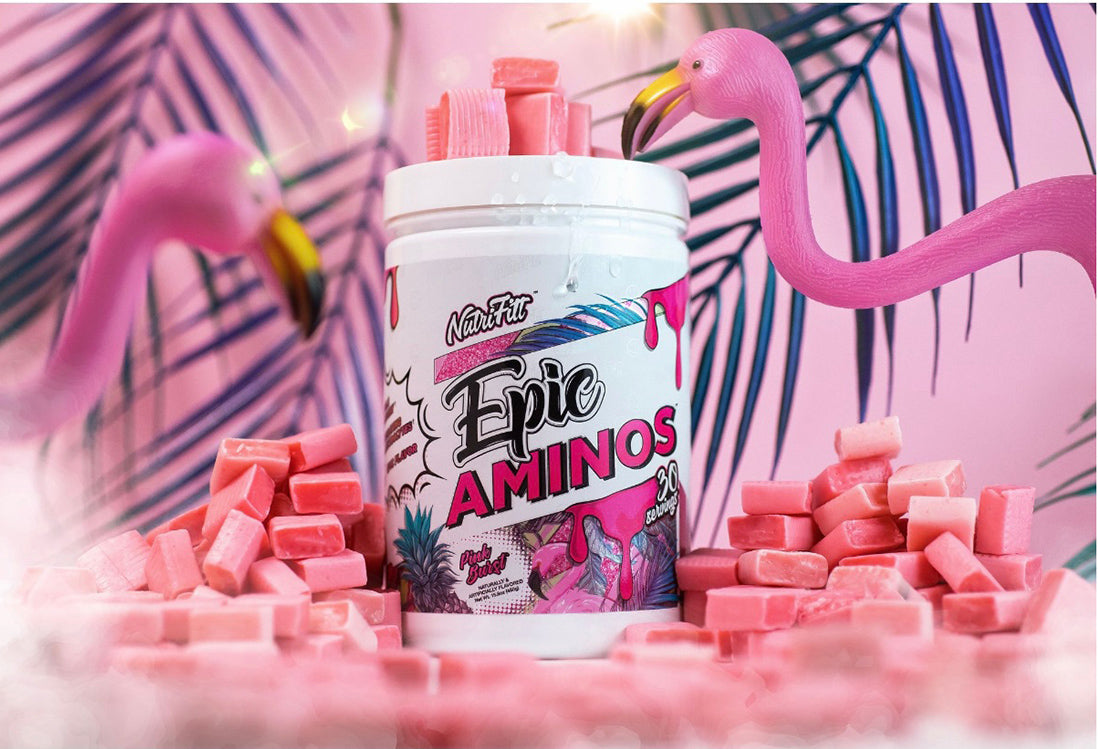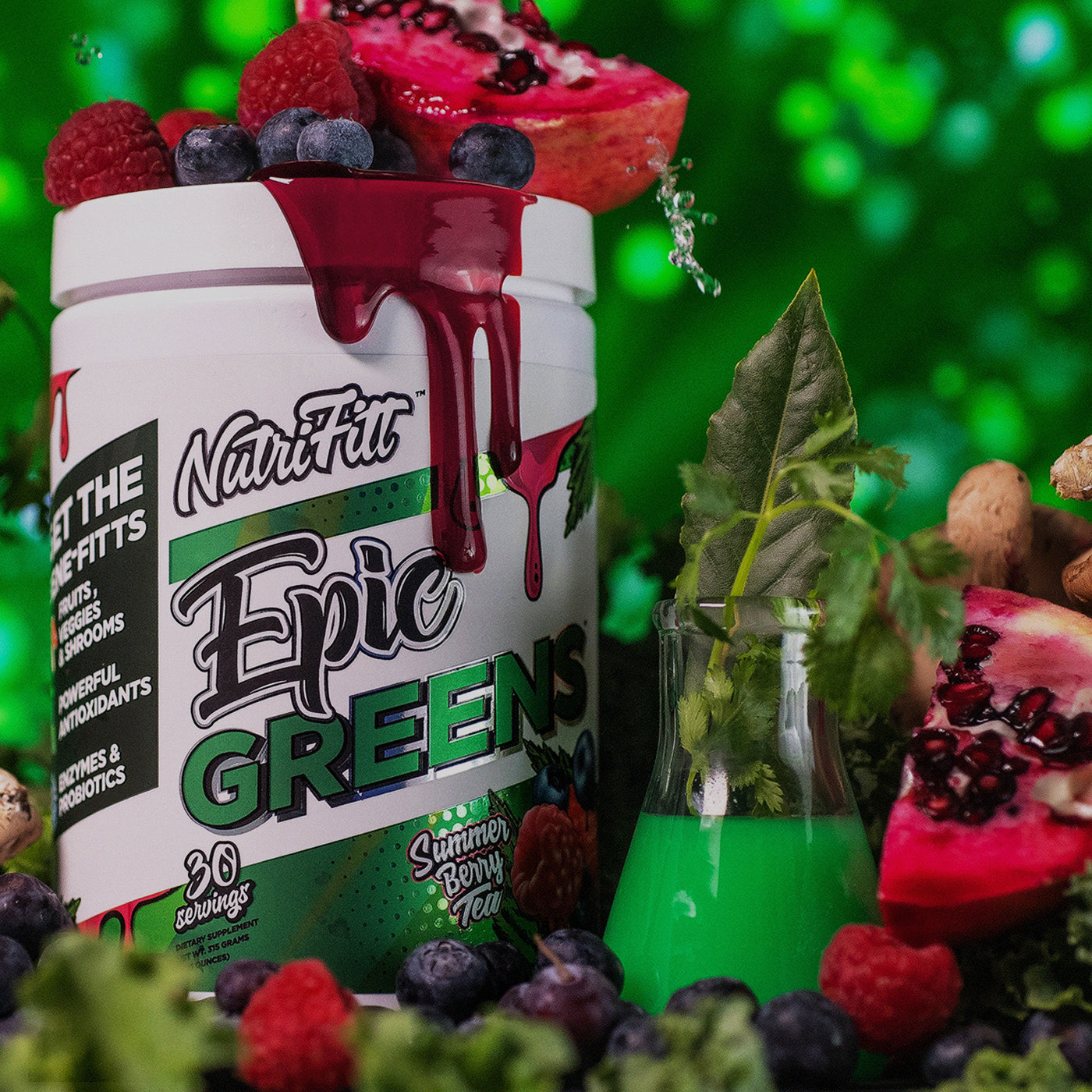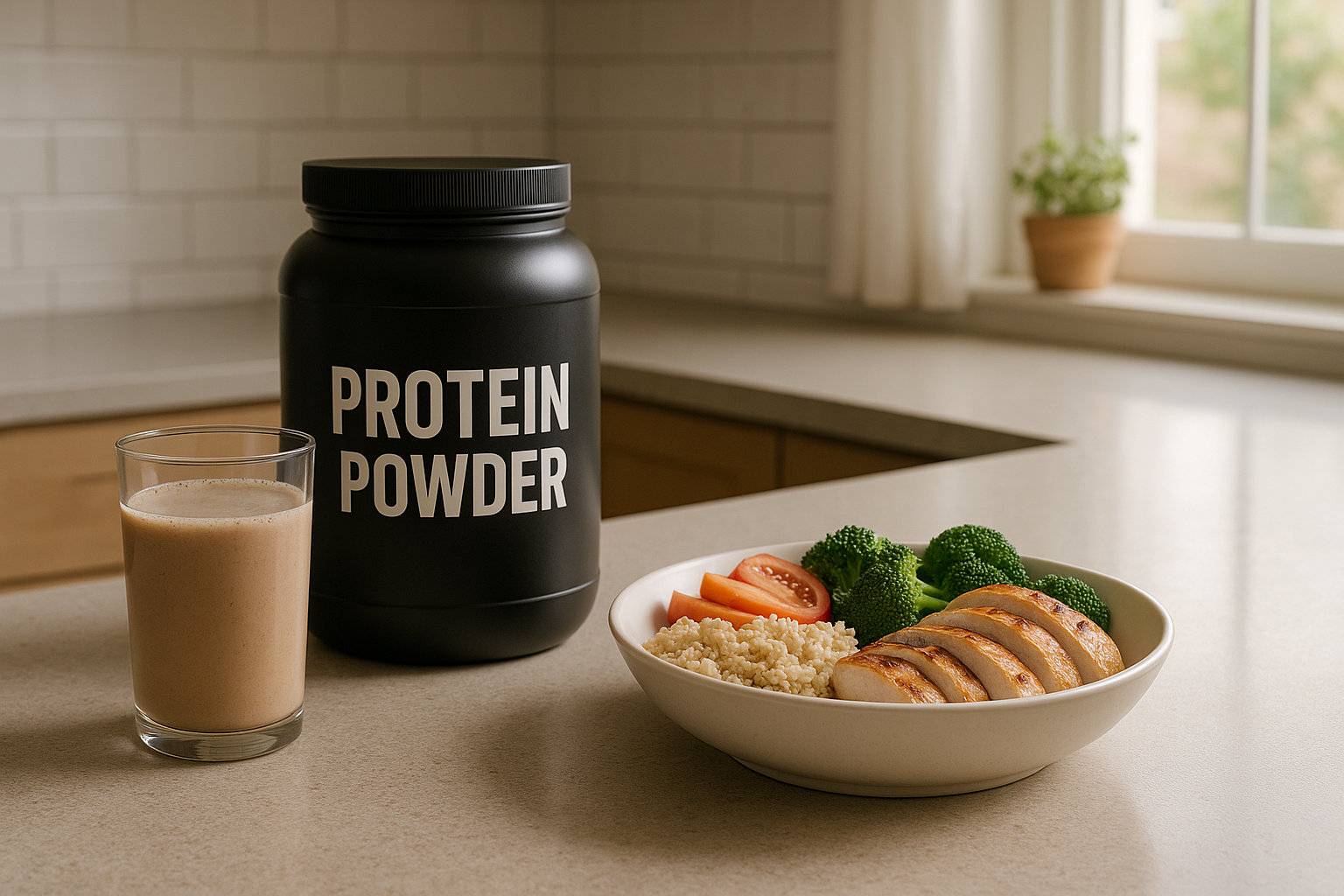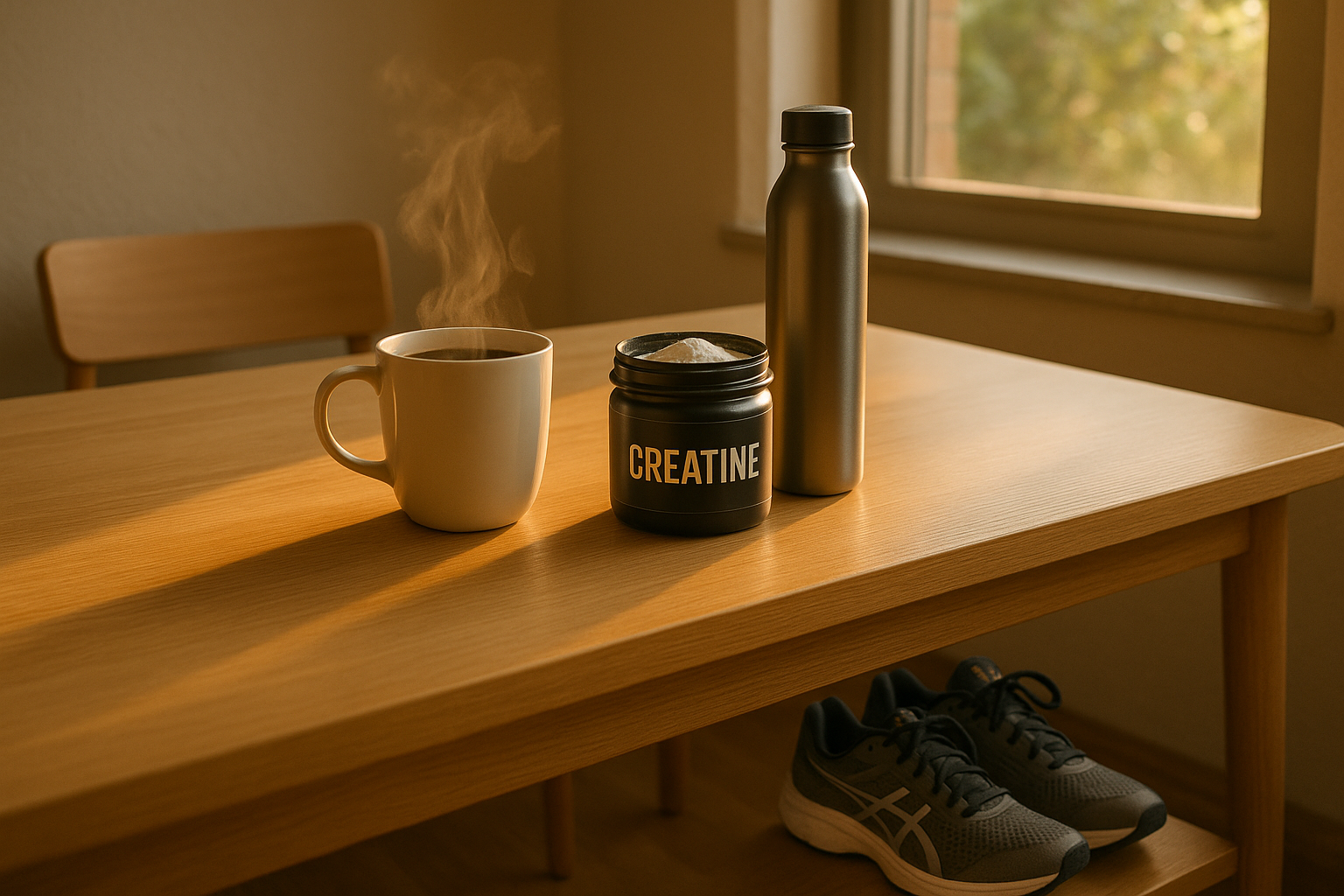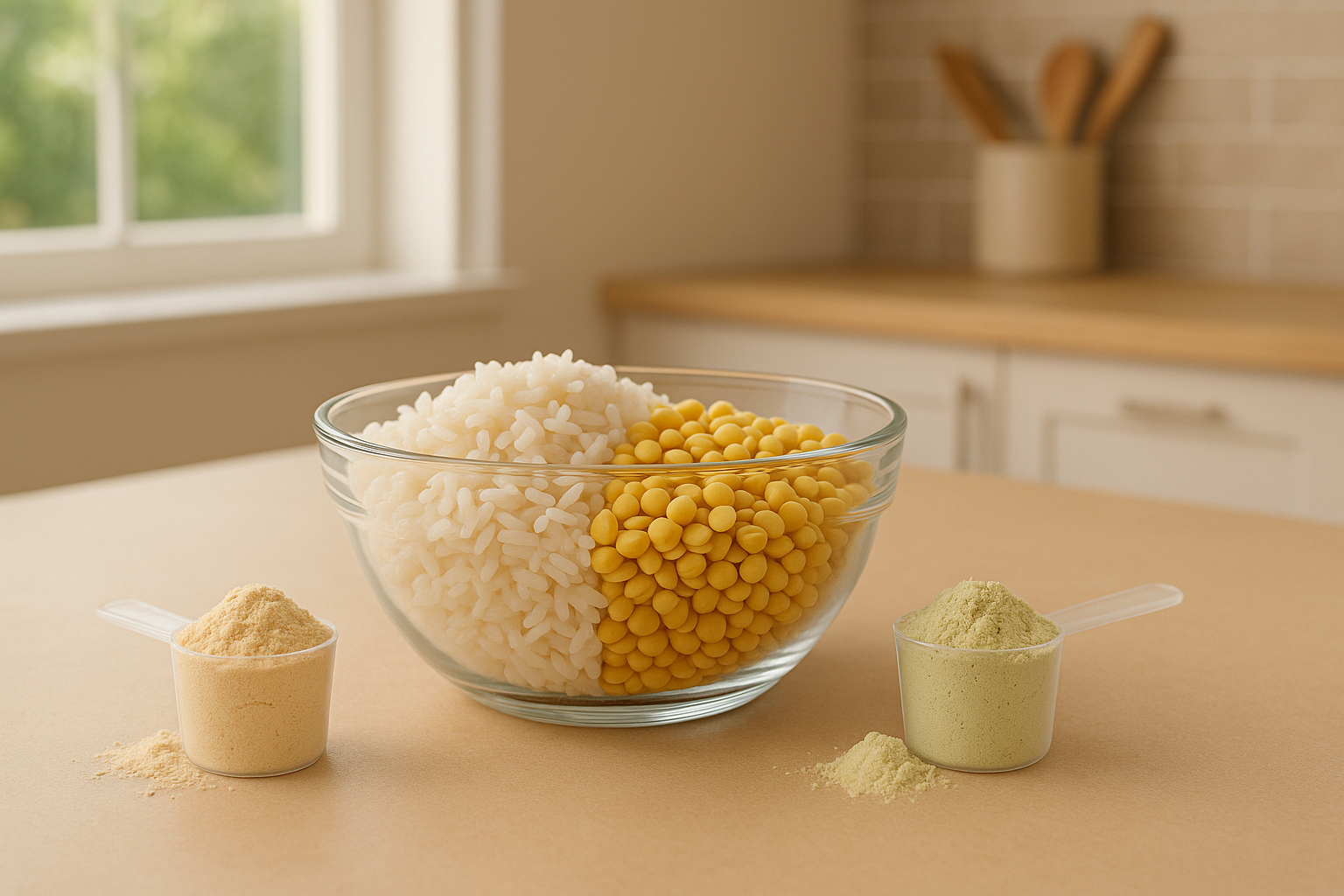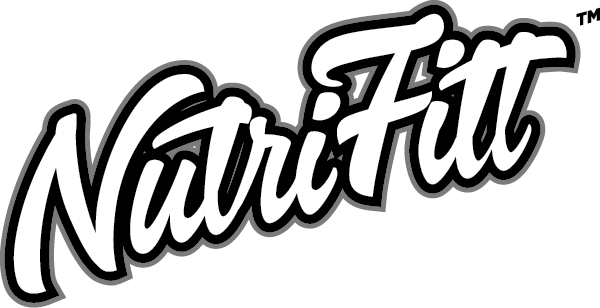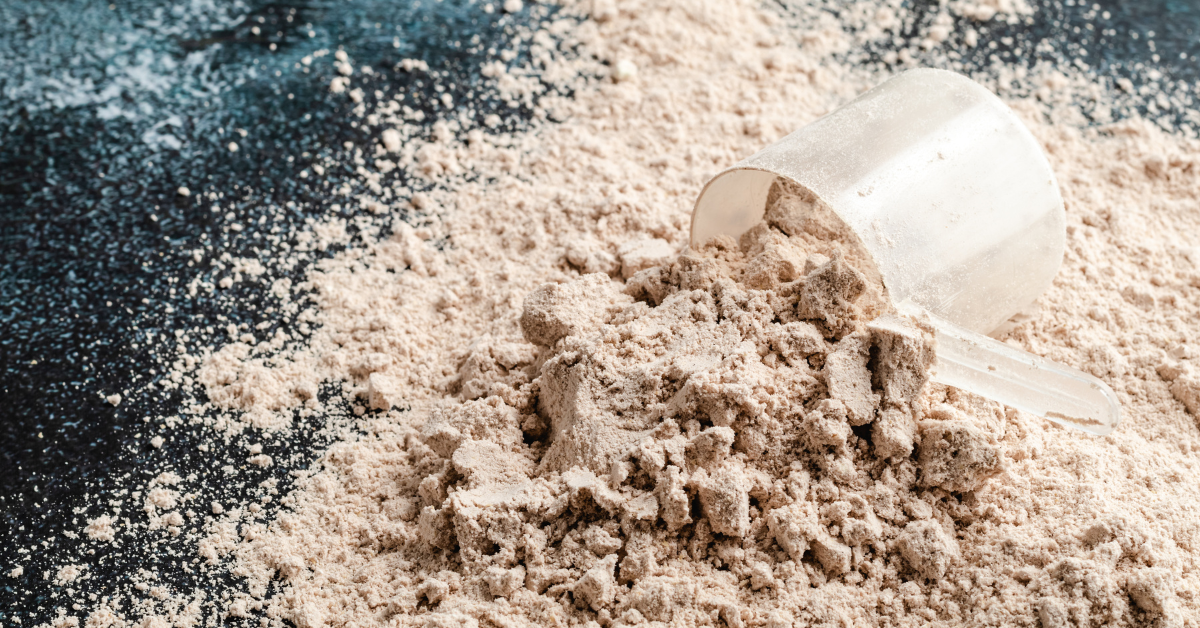
Can Protein Powder Go Bad? Unraveling the Mystery
Protein powder has become a staple for fitness enthusiasts and health-conscious individuals alike. But does protein powder expire? And if so, how can we tell if our protein powder has expired?
In this post, we'll dive into the world of protein powders and uncover what influences their longevity.
Understanding Protein Powder Shelf Life
We're discussing products designed for longevity when we talk about protein powders, whether whey, casein, or vegan protein powder.
Unlike perishable protein sources, protein powders are low in moisture, granting them an extended shelf life. However, despite their longevity, they are still subject to degradation.
It's important to recognize that protein powders have an expiration date, like all food products. This date is a guideline for when the product should maintain its quality and efficacy.
Factors That Affect Protein Powder Shelf Life
Several factors can affect protein powder shelf life, including:
- Environmental Exposure: Heat, light, and moisture can fast-track the degradation of your protein powder, affecting its quality and leading to potential spoilage.
- Storage Savvy: The way you store your protein powder is crucial. A damp environment or a non-airtight container amplifies the risk of bacterial proliferation and spoilage.
- Protein Powder Varieties: Different protein powders have different shelf lives. Whey protein isolate, for instance, is less prone to spoilage due to its lower fat and lactose content compared to whey concentrate or other protein powders rich in fat.
Understanding these factors is key to ensuring that your protein powder remains fresh and effective for as long as possible, helping you reach your fitness and health goals without any setbacks.
Signs Your Protein Powder Has Gone Bad
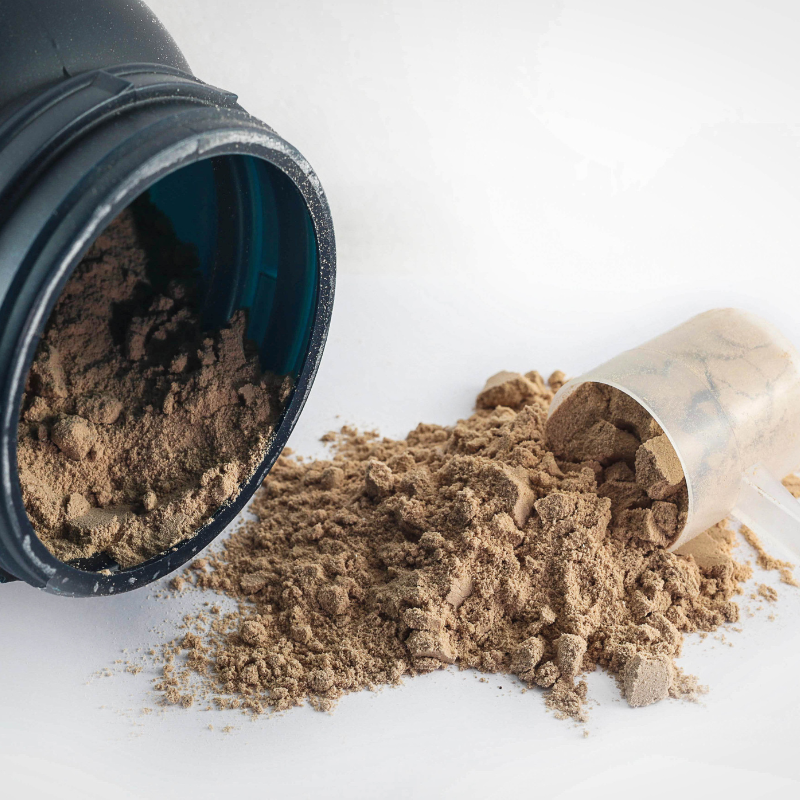
Recognizing when your protein powder has been around for too long is crucial for preventing health risks and ensuring you're ingesting a high-quality product. Here's what to look for:
-
Texture and Consistency: Noticeable lumps or changes in the powder's texture can indicate moisture intrusion and potential spoilage.
-
Smell and Taste: A rancid smell or an unpleasant or bitter taste suggests it's time to replace it.
-
Mold and Discoloration: Protein with visible mold or discoloration is a definitive sign of bacterial growth or improper storage conditions and should not be consumed.
Proper Storage Tips for Protein Powder
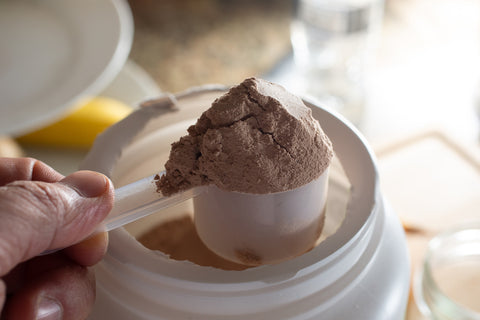
To maximize the shelf life and keep your protein powder fresh, you'll want to follow these tips for storing protein powder:
Ideal Storage Conditions
Store protein powder in a cool, dark place, away from direct sunlight or heat sources. The ideal temperature is around 70 to 72 degrees Fahrenheit. These conditions help prevent degradation and maintain the powder's quality and nutritional value.
Sealing Containers and Bags
Make it a habit to tightly seal the lid of your protein powder container every time you use it. If your powder comes in a bag that doesn't reseal well, consider transferring it to an airtight container or placing it inside a larger, sealable bag. This will help keep out moisture and other contaminants, preserving the integrity of your protein supplement.
How to Choose a High-Quality Protein Powder
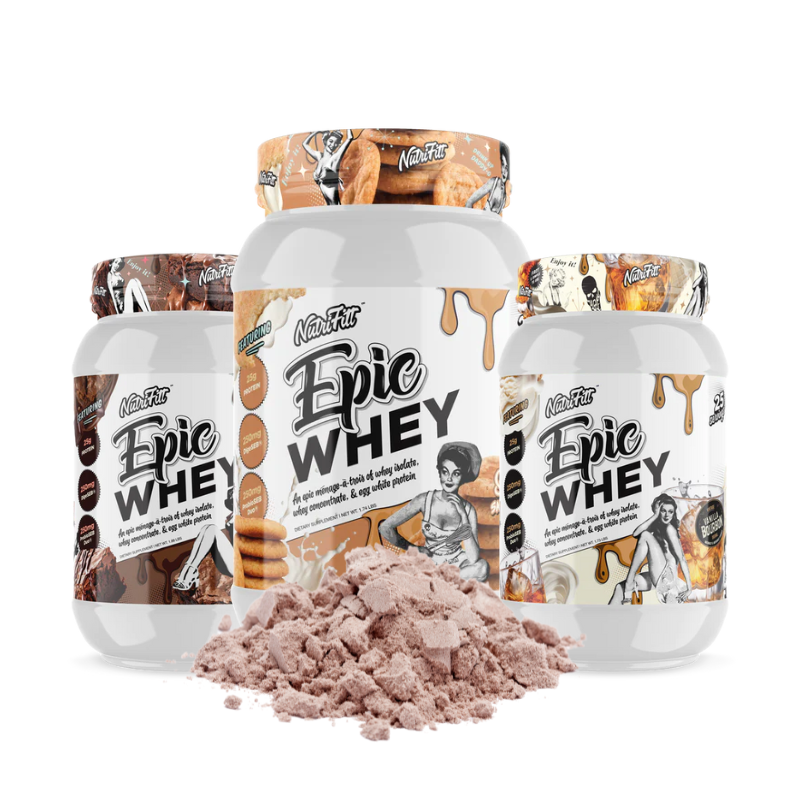
When selecting a protein powder, consider the quality of the product to ensure you're getting the best for your body and your goals. High-quality protein powders, like Nutrifitt's Epic WHEY, provide the necessary protein content and added benefits for digestion and overall health.
Whey Protein Isolate vs. Concentrate
Whey protein is offered in two primary forms: isolate and concentrate. Isolate is extensively processed to yield a higher protein content while reducing carbohydrates, lactose, and fat, making it a superior option for those aiming to control their weight or with lactose sensitivity.
Meanwhile, whey protein concentrate contains more natural nutrients found in whole whey and is typically chosen for its richer flavor. Your choice should align with your dietary goals and your taste preferences.
Importance of Digestive Enzymes and Probiotics
Digestive enzymes and probiotics help provide optimal protein absorption and utilization. At Nutrifitt, our high-quality protein powders incorporate enzymes, like DigeSEB® Super Enzyme Blend, to facilitate protein breakdown and improve absorption. In addition, probiotics, such as ProsbioSEB Duo®, contribute to balanced gut flora, which is the key to digestive health.
Protein Powder Shelf Life FAQ
Can expired protein powder still be used?
While protein powders generally last 9 to 18 months, using them soon after expiration might not be recommended. However, their quality and nutritional value may decrease over time. If the powder appears, smells, and feels normal, it may be safe to consume. Trust your judgment while also being cautious.
How can I extend the shelf life of my protein powder?
Store your protein powder properly to prolong its shelf life. Keep it in a cool, dark place, tightly sealed, and away from moisture. If the original packaging isn't secure, transfer it to an airtight container or sealable bag to shield it from factors like light, heat, and moisture that can cause deterioration.
Does the type of protein powder affect its shelf life?
Yes, whey protein typically has a longer shelf life compared to other types of protein powders because it undergoes a process of filtration and drying, removing much of its moisture content and making it less prone to spoilage.
How long does protein powder typically last before it expires?
Most protein powders last 12–24 months when stored properly, but shelf life varies depending on ingredients and packaging.
Does expired protein powder lose its nutritional value?
Over time, protein powder may lose potency, particularly its amino acid profile, making it less effective for muscle recovery and growth.
Can I extend the shelf life of protein powder?
Keeping it in an airtight container, avoiding heat and humidity, and sealing it tightly after each use can help extend its lifespan.
